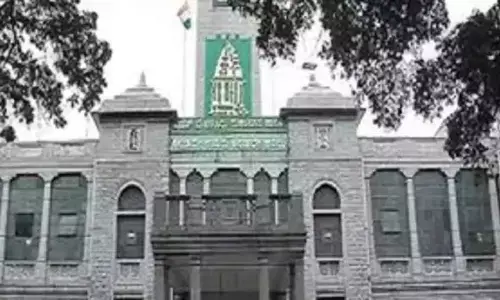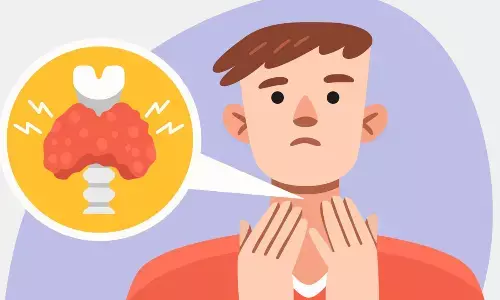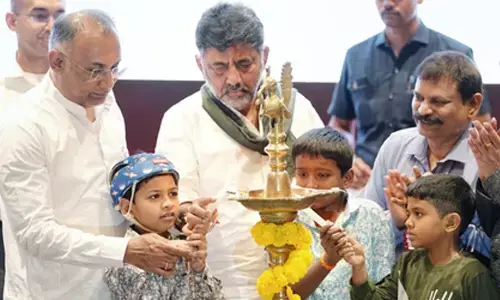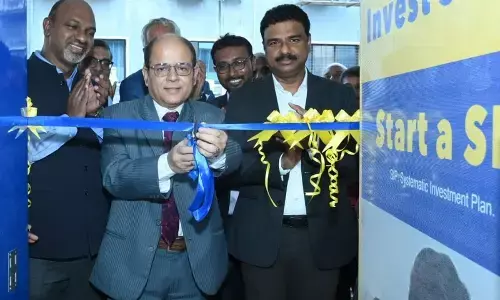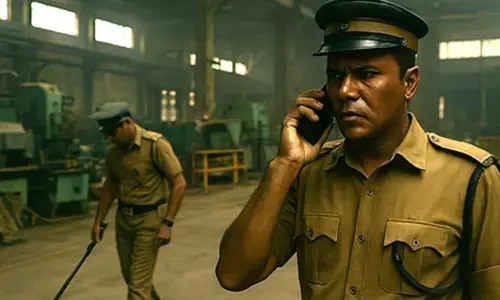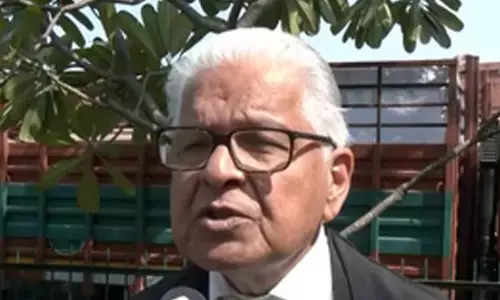Four steps to end recession
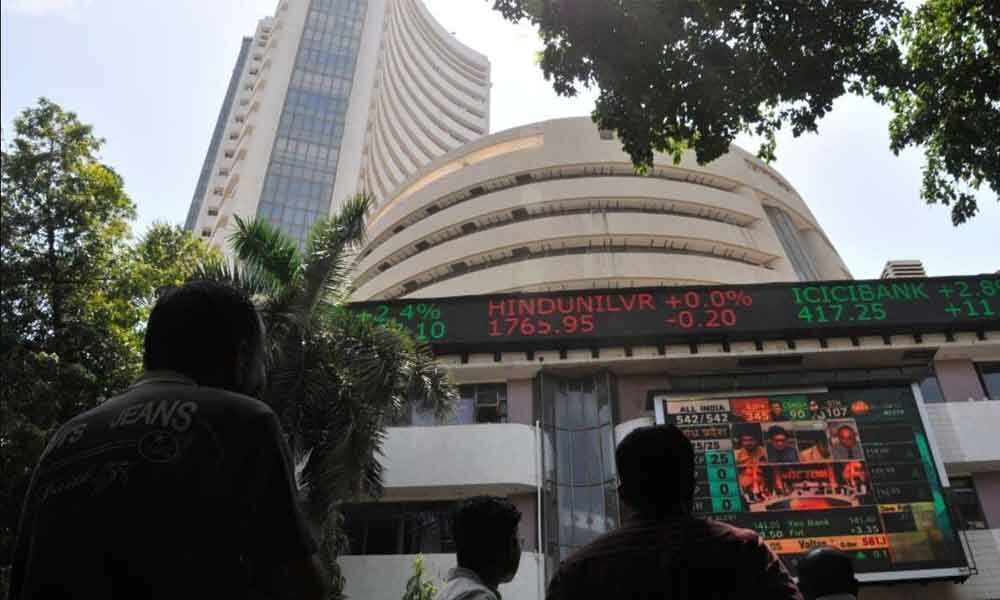
The government has recently merged 10 Public Sector Banks (PSBs) into four larger PSBs in order to improve their efficiency.
The government has recently merged 10 Public Sector Banks (PSBs) into four larger PSBs in order to improve their efficiency. This step is to be welcomed but there is need to go farther.
The government has provided Rs 250,000 crores to these banks in the last 2-3 years in order to increase their capital. Yet, as of today the total market capitalisation of the PSBs is only 230k crores.
This means that the PSBs have not been able to retain the value of even the new capital that has been infused, let alone secure an increase the value of their earlier equity.
In this situation, the government must privatise all PSBs excepting State Bank of India, which has certain government roles such as managing the clearing houses.
The government will be able to earn a huge amount of Rs 230,000 crores from this sale. The buyer would be willing to pay more for a controlling stake in the banks. This amount should be used for capital investments.
Step Two. The government has achieved a huge success in controlling the fiscal deficit. The deficit has been brought down from 4.4 percent in 2013-14 to 3.4 percent in 2018-19. This step is to be welcomed. But there is a need to go farther.
The reduction in capital expenditures of the government has contributed three parts to the reduction of the fiscal deficit, while reduction in consumption expenditures has contributed only one part to that reduction.
The salaries of government employees have continued to increase. A substantial part of these salaries finds its way out of the country through purchase of gold, making foreign investments, foreign tourism, or the consumption of foreign goods such as high-end mobile phones or modular kitchens.
Therefore, the government must cut its consumption rather than investment. If that is not possible, the government may allow an increase in the fiscal deficit and place that borrowing in a Special Purpose Vehicle to be used only for investments. The increase in investment will create demand and jumpstart the economy.
Step Three. The government has taken steps to ease the availability of finance to Medium, Small and Micro Industries (MSMEs). Steps have also been taken to simplify the filing of GST returns by them. This step is to be welcomed but there is a need to go farther.
The MSMEs are facing tough competition from goods imported from China. China allows its industries to pollute the environment. It also allows industrialists to hire and fire which has led to nearly double the productivity levels of Indian workers.
Their industries are of large size and that too leads to lower cost of production. Chinese goods are cheaper for these reasons. It is necessary to increase the import duties on goods that are made by MSMEs in India such as toys, footballs and clothing.
Then MSMEs will grow, they will employ more labour and demand will be generated in the market.
Step Four. The government has appointed persons with "nationalist" orientation as Vice Chancellors of our universities. This step is to be welcomed but there is a need to go farther.
Such appointments have not brought any change in the work culture of our teachers. I recently visited the government college where I had studied in the sixties.
The place was desolate. Students came in the morning and stayed till they got the mid-day meals. Then they went away to study in tutorials.
The way forward is to privatise the colleges and universities and provide vouchers to all school age children with which they can pay the fee in a government or private educational institution of their choice. Then the government colleges will strive to attract students so that they can get the vouchers.
They will per force improve the level of teaching. The reform of our education system will have special impact on the services sector of the economy.
Jobs will be created in areas like movies, music, translations, apps, online teaching, and online health consultation. There is a huge potential for us to export English speaking teachers to rest of the world.
Author was formerly Professor of Economics at IIM Bengaluru


